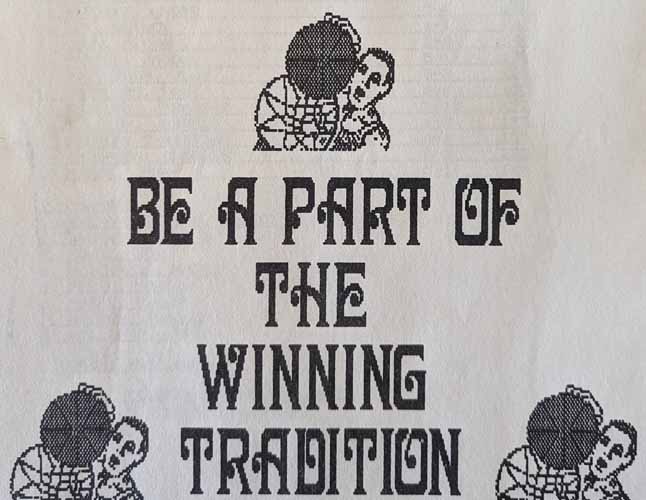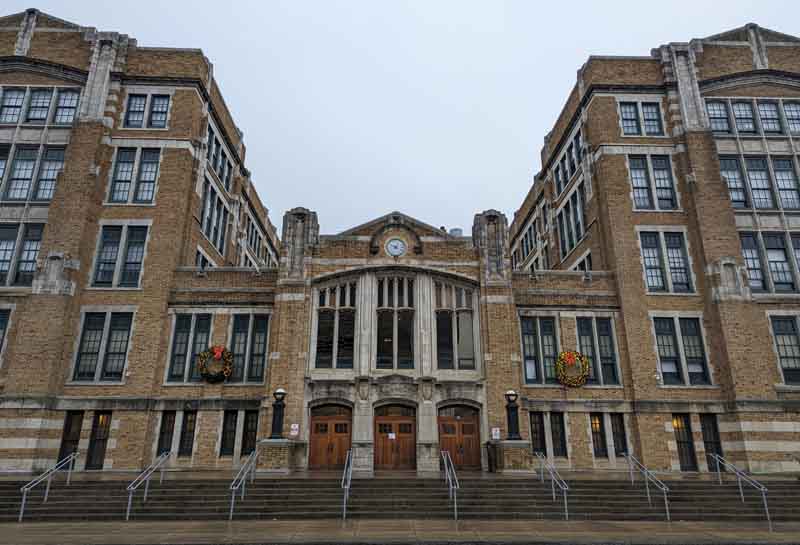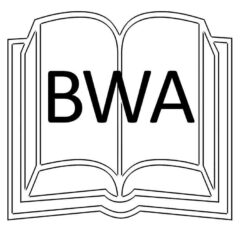
Criteria for Prospective Players and Invite Lists
“I’m going to post an invite list soon, Dunbar.” I thought about Coach Jones’ invite list when I thought about the next promotional excerpt for my book project entitled, The Engineers: A Western New York Basketball Story. Coach Jones had a different approach to the great game of basketball relative to the other coaches in our league, the Yale Cup. I’ve shared this in all the promotional content I’ve created involving him. His invite list was another unique aspect of the boys’ basketball program at Hutch-Tech High School during his five-year tenure.
“Jonesy was looking for a certain kind of kid. He was an old school Bobby Knight-type of coach,” another coach said who asked to remain anonymous. Any kid could try out for the boys’ basketball team at most other schools but not at Hutch-Tech High School. This meant that being the best basketball player in the student body didn’t mean you could try out. This is an oxymoron for some people. He had specific criteria for the kids he kept on the initial roster and then throughout the season. It was an early taste of the real world for many of us in terms of meeting the requirements for schools and jobs, and then keeping and excelling in those positions.
The following excerpt comes from Chapter 17 of The Engineers: A Western New York Basketball Story Part One. It captures Coach Jones’ approach for assembling his roster my sophomore year. It was completely different than how basketball tryouts were portrayed on television and many of us had never seen anything like it before. I was mostly a player-manager in middle school and had not seen anything like it before.
Chapter 17- Sophomore Year Tryouts: Assembling The 1991-92 Engineers
There were more pages in the packet. One sheet read, “TO BE THE BEST YOU HAVE TO PLAY THE BEST!” It had the graphics of the same player dunking the basketball copied several times on the page. Another page had a copy of a varsity Letter “T”. On the upper part of the T, it said “Yale Cup” horizontally and then “CHAMPS” spelled out vertically. Below that on the lower part of the T was a basketball with 90 to the right and 91 to the left (for the 1990-91 Hutch-Tech Boys’ Basketball Team). On another page with the same four digital players, there were statements that read, “THE WILL TO WIN IS NOT ENOUGH,” and below that, “IF YOU ARE NOT WILLING TO PREPARE TO WIN!”
An article was photocopied on the next page entitled, The joy of victory is why sports exist, written by Jeff Riggenbach from USA Today. It discussed how the desire to win is what makes sports fun, and what kids learn from competition. On the next page, Coach Jones typed, “ONE PERSON CAN MAKE THE DIFFERENCE AND EVERY PERSON SHOULD TRY!”
The final two pages were titled in all capital letters, “PICKING THE TEAM”, which consisted of descriptions of how Coach Jones would pick the team, the team’s ‘ideal make up’, the kinds of boys he was looking for, and finally the kinds of boys he did not want. It was like a job description. His ideal makeup for a varsity team was five seniors, five juniors and two sophomores, a number he was close to with his 1990-91 Yale Cup and sectional championship team.
The characteristics of the boys that Coach Jones looked for included:
● Academic soundness
● Those who are coachable
● Those who could concentrate
● Those who hustle
● Those with aggressiveness
● Those with loyalty
The list of characteristics of boys that Coach avoided was longer and included:
● Troublemakers
● Those who know it all
● Those who always have excuses when they make mistakes
● Those who blame others for their mistakes
● Those who never get a chance because the coach will not let them
● Those who are only interested in themselves and not the welfare of the team
● Those who quit on themselves
● Those who are habitual hypochondriacs
● Those who are losers
● Those who are unable to get along with the other players or the coach on and off the court
A couple of things stood out to me about Coach Jones’ criteria for the boys he looked for. He clearly stated that being on the team the previous year was not a guarantee for making the current roster. Also, tryouts were a game of war where the hungry ones made the team. Furthermore, making the team was simply the threshold and each player had to continue to work. Finally, he rated loyalty highly. That is, he would keep a lesser talented kid who was loyal over a more talented kid he deemed not loyal. It wasn’t all about talent it seemed.
There was a section called “Cutting the Squad”, where Coach Jones outlined his thought process for not bringing players back. Lastly there was a final section titled, “EVALUATION/ASSESSMENT SHEETS”. In that section, Coach Jones wrote, “Prospective player evaluation/assessment forms must be completed by their teachers and turned into Coach Jones prior to the first practice session!” Prospects finally needed physicals from their doctors.
The last quote on the bottom of that page stated, “IF YOU’RE GOING TO BE A CHAMPION, YOU MUST BE WILLING TO PAY A BIGGER PRICE THAN YOUR OPPONENT WILL EVER PAY!” And then finally it explicitly stated that, “AN INVITE LIST WILL BE POSTED,” followed by “YOURS IN GOOD SPORTS,” signed by Coach Jones.
Closing Thoughts

“At least you got to work with Kenny. I think he had everyone’s best interest at heart and did the best he could,” Coach Francis Daumen said. I referred to Coach as Mr. Daumen though he insisted that I call him coach years later. He served as our junior varsity coach my tumultuous junior year. He was our head coach my enigmatic senior year after Coach Jones retired. Coach Daumen spoke fondly of Coach Jones. I reflected on how Coach Jones was different things to different people in an early promotional essay I wrote about him. One point of contention for his detractors was how he ran his program during tryouts and then basketball season. It worked out well for a little while but what were the long-term results of his methods? I talk about that in depth in my book project.
The featured quote for this piece is from Derrick Herbert of the Class of 1989. Derrick was a part of the 1988-89 Hutch-Tech Boys’ Basketball Team, Coach Jones’ initial team. He played a major role in turning the program around and played two years for Coach Jones. He witnessed the changes instituted by Coach Jones and saw an opportunity to make the team. One major change was not necessarily keeping the best players in our school, or those highly respected within the student body. Did any of this resonate with you? Did you experience something similar? Leave a comment below if so. Best regards and Yours in good sports.
Videos About Coach Jones
I am sharing two videos I created about Coach Jones on my sports YouTube channel entitled, Big Discussions76 Sports. Consider liking them if you watch them, sharing them in addition to subscribing to the channel.
The Big Words LLC Newsletter
For the next phase of my writing journey, I’m starting a monthly newsletter for my writing and video content creation company, the Big Words LLC. In it, I plan to share inspirational words, pieces from this blog and my first blog, and select videos from my four YouTube channels. Finally, I will share updates for my book project The Engineers: A Western New York Basketball Story. I will protect your personal information and privacy. Click this link and register using the sign-up button at the bottom of the announcement. If there is some issue signing up using the link provided, you can also email me at bwllcnl@gmail.com . Best Regards.
